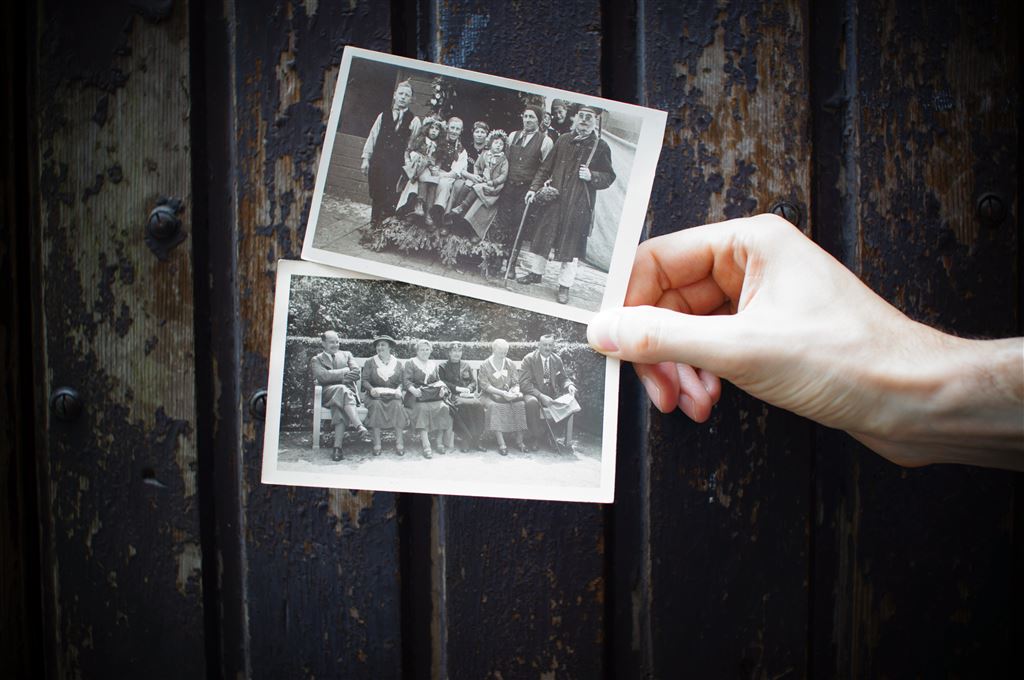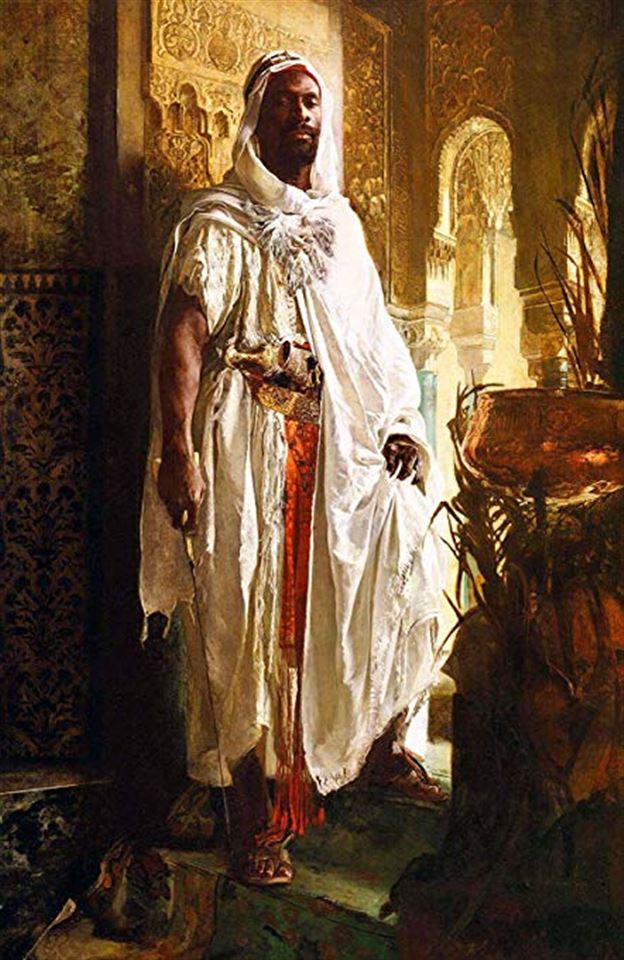For three years, my wife and I have lived abroad in Portugal. This time of temporary immigration has led to meeting people of many different cultures and has provided delightful experiences. Recently, I had another learning encounter that teaches all of us a beautiful lesson.

I went into a café, in the Portuguese town in which I live, to buy an ice cream bar. A family of Ukrainians owned the café, and the entire family was in the restaurant. We began an enjoyable conversation in Portuguese, and the wife eventually asked me where I was from. Matter-of-factly I told them I am American. However, she asked again, “Where are you from?” I said, “I am from the United States.” thinking I didn’t say the previous phrase correctly in Portuguese. Nevertheless, her husband asked again, “What nationality are you?” I said, no doubt with a quizzical look on my face, “I’m American. I’m from Atlanta in the United States.” “No, no, no, where are your mother and father from Angola, Mozambique, Cape Verde?” I thought to myself, “New Jersey…Philadelphia?” I suddenly realized, in my ignorance, that these Ukrainians were utterly unfamiliar with African American history. So, I patiently explained to them, to the best of my ability and in my limited Portuguese, that as a result of slavery, most blacks in America have lost their history. We typically do not know from which African country we originated. This concept was news to them; probably because they’ve had limited exposure to black Americans. They were quiet for a moment after the explanation and then we continued talking, with the wife showing unexpected sympathy. Anyway, they were very, very lovely people and after a long and awkward conversation, because of the language barrier, they invited me back to their cafe for dinner.
To What Extent Do We Know the History of Others?
I have to preface what I learned next with the fact that traveling is my passion, and I love to experience the travels of others, so I am a member of a few online travel groups.

I decided to post this experience on the wonderful Black Travel Movement page of Facebook since this story was directly related to the black American travel experience. I was surprised to learn that many black Americans have had similar experiences while traveling internationally and experiencing other cultures. Surprisingly, even some blacks from African countries have a hard time understanding why black Americans do not know their roots.
In reading the Facebook comments, I was also glad to see that some black Americans understand why there is a disconnect with other nationalities concerning African American history. However, many blacks could not comprehend the divide. So, for those who did not understand, I asked them to think about it this way.
What do you know about the Kurdish diaspora? Do you know the origins of the caste system in India? What happened to the original Tasmanians? Do you know about the violent historical relationship between China and Tibet? What did Afghanistan look like 50 years ago, and what does it look like now and why? Tell me about the Hungarian or Indochinese diaspora? How much do you know about the history and plight of other nationalities, creeds, and races?
 The Moorish Chief by Eduard Charlemont
The Moorish Chief by Eduard Charlemont
I think my point was clear. Most of us know about the history that shaped our families or us. That’s normal and expected. However, even that knowledge is limited for most Americans since we only receive a tainted USA education about history. Frankly, a limited historical perspective is increasingly common among most nationalities. Why is this the norm? In my experience, it seems that many people today are just trying to survive. History is lost on them because they are dealing with their own present-day difficulties in life.
I wrote all of this to say, patience and empathy go a long way. Be patient with ones who do not know and educate when we encounter, but only after we’ve taught ourselves.
Be Patient, Understanding, and Don’t Impute Bad Motives
Another thing I found fascinating in this learning experience is that there was a very small group of people who immediately played the race card after reading this experience. They stated that the Ukrainians were racist. Now, I know the face of racism and prejudice, and this was not it. However, their response shows how some people can only see this world through race-colored glasses. This type of reaction is not specific to one race; a segment in many cultures respond similarly. These few people were superimposing their experiences or cloudy vision on a situation of which they had no knowledge. What do we learn from this?
If we take the time to gain a complete and accurate assessment of a situation before reacting to it, we will likely be more understanding, sympathetic, and patient toward others. So, do not be quick to attribute evil motives. Misreading motives can be one of the fastest ways to stifle communication, education, and potential relationships. Too many times, people miss opportunities for growth by taking offense when no offense was intended. Remember, we are always ambassadors of our particular culture, nationality, creed, or religion. Thus, initially, it is usually best to assume that others want to do what is right rather than attribute bad motives when situations arise that seem curious.
Additionally, educate yourself beyond your own culture and history. Doing this may enable you to have the perspective to empathize with or effectively educate others by understanding the lenses in which they see the world through.

If you perceived that a person’s goal was to offend, calmly, and patiently explain what hurt you and why it made you feel that way. Understand that sometimes it is our mistaken conclusions that cause us to lose patience. So, don’t get upset, make dogmatic statements, or ascribe wrong motives. Inform and educate with a smile.
Travel Experiences Lead to Growth with the Right Perspective
I am a firm believer that the more cultures you experience, the more well-rounded, understanding, and tolerant you become. Of course, this personal development is dependent upon having the correct attitude and perspective while experiencing.

To become a better person from our travel experiences, we must be focused on learning about the country and its people. The value in traveling, aside from pleasure, is when you take your time to explore the ideas, customs, and social behavior of a particular people. It is vital to determine why the people of a specific region are who they are. Growth comes when you empathetically learn about people, and then you add that knowledge to the tapestry of knowledge gleaned from other experiences. Once you have woven a broad tapestry of culture, then you may be able to educate others effectively.